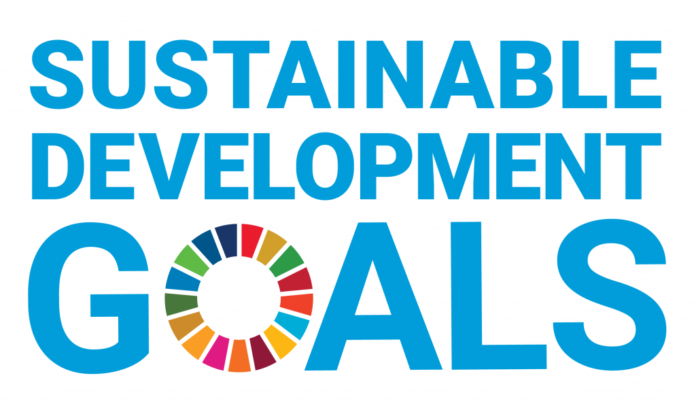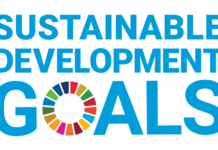Worthy of Support
by Mahmud Tim Kargbo
The United Nations General Assembly agreed on Sustainable Development Goals (SDGs), in September. An initial draft of these goals generated heated public discussion. Even the Economist entered the fray and devoted three articles to the SDGs in a recent edition. The question is whether the 17 goals and 169 targets in the draft are an ambitious response to global challenges or an unwise mess.
We believe that while fine-tuning can be done, it is important not to throw the baby out with the bathwater. The SDGs are worthy of support.
The SDGs have been developed through an unprecedented process of stakeholder involvement. 193 governments have had their say. An online survey conducted by the United Nations, My World, has had more than 7m responses. Businesses with assets of tens of trillions of dollars have been consulted. There have been thematic, regional and country discussions all over the world. Academics and scientists have analysed every goal and target and debated the cost-effectiveness of achieving them.
Not surprisingly, the agenda that has emerged is broader than the MDGs. But at least it gives voice to a range of different people. Developed countries tend to insist on gender equality, human rights, climate change and actions against deforestation in any development agenda. Yet these are among the lowest five priorities indicated in the My World survey. The only way to include the priorities of rich and poor is by adding to the agenda.
Like its predecessor, the overarching goal of the SDGs is to end poverty. Part of the reason why there are 17 SDGs compared to eight MDGs is precisely to increase the chances of success of this central goal. It is inconceivable to think today about ending poverty without simultaneously achieving peace, tackling corruption robustly, but appropriately, dealing with natural disasters, connecting people to a market economy via better access to infrastructure or reducing the impact of climate change. None of these issues is addressed in the MDGs, but they have to be tackled because an integrated agenda is so critical to ending poverty especially in my country Sierra Leone.
No politician would dare try and communicate the 17 goals to their constituency. But there is a simple way of clustering the goals into themes where the purpose is clear. The SDGs aim to end poverty and hunger, give any child an opportunity to a decent life, create an environment where business can flourish and create jobs and growth and do all this within the natural boundaries set by our planet.
Simply, the MDGs are about reducing poverty. The SDGs are about ending poverty and building global prosperity and sustainability.
Laudable as the goals maybe, they will be of little value without an effective framework for action. That was precisely what the Financing for Development conference (held in Addis Ababa, Ethiopia in July) and the post-2015 development agenda aim to do. The draft accord for the Addis conference recognised that each country has primary responsibility for its economic and social development. At the same time, it called for collective efforts. The draft accord prioritised aid allocations, private investment, channelling global savings at low-interest rates to build infrastructure cheaply and more effective contributions from multilateral institutions. It also spelt out the most important areas for global action- trade, financial stability, climate change, technology transfer and even the data gathering that will be needed to monitor the SDGs.
Of cause, there is room for significant improvement in the SDGs, notably in the choice and wording of many of the 169 targets. Some are clearly not achievable as those may undercut the overall credibility of the package if left as it is. But there Is a process on the way to address the most glaring deficiencies.
It is most important to appreciate the political process that has led to this draft. Like all democratic processes, the result may be messy and leave many dissatisfied, but it reflects compromise and a desire for consensus. At a time when so much of the world is caught up in divisions, conflicts and corruption, a truly global effort to create a better life for all and a sustainable future for our planet is a cause to celebrate not denigrate.
Hope our politicians in Sierra Leone will get the better part of these goals.


